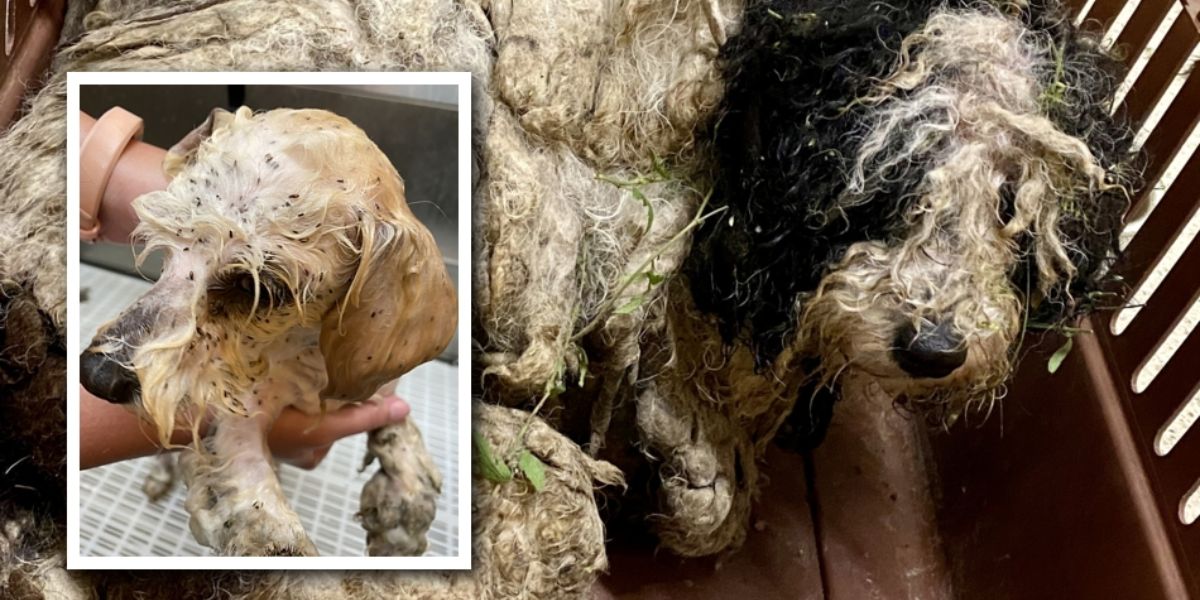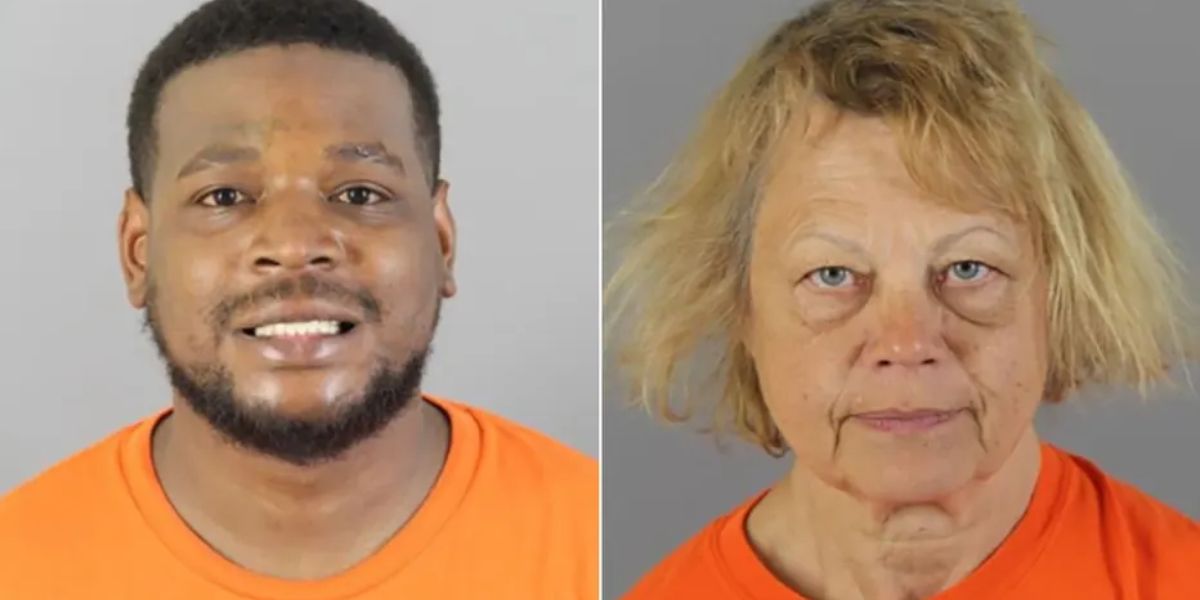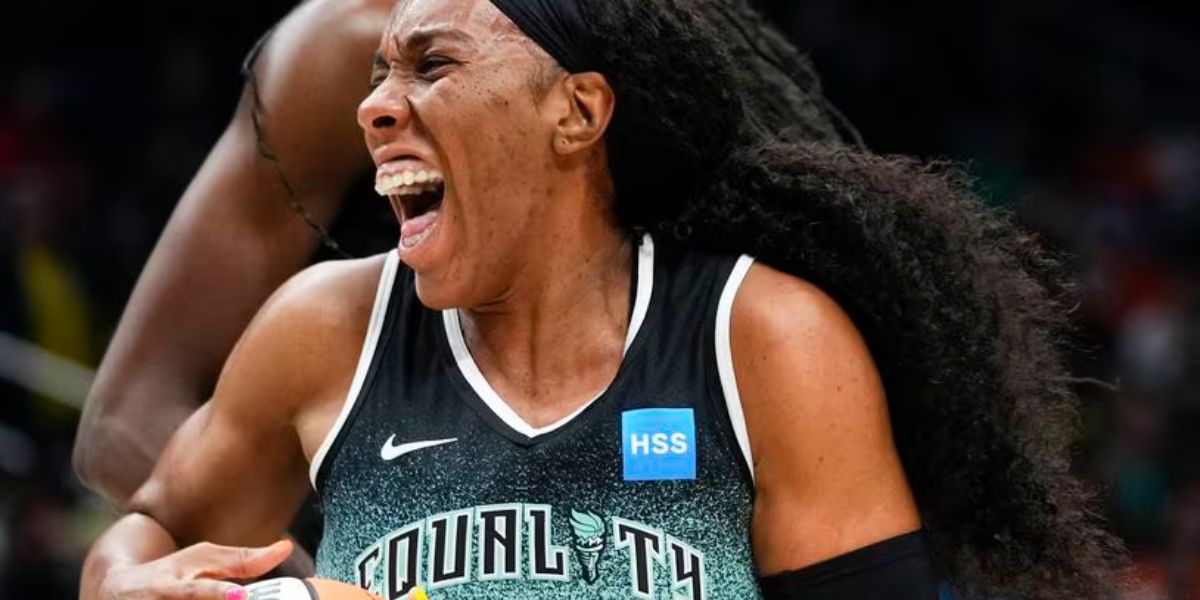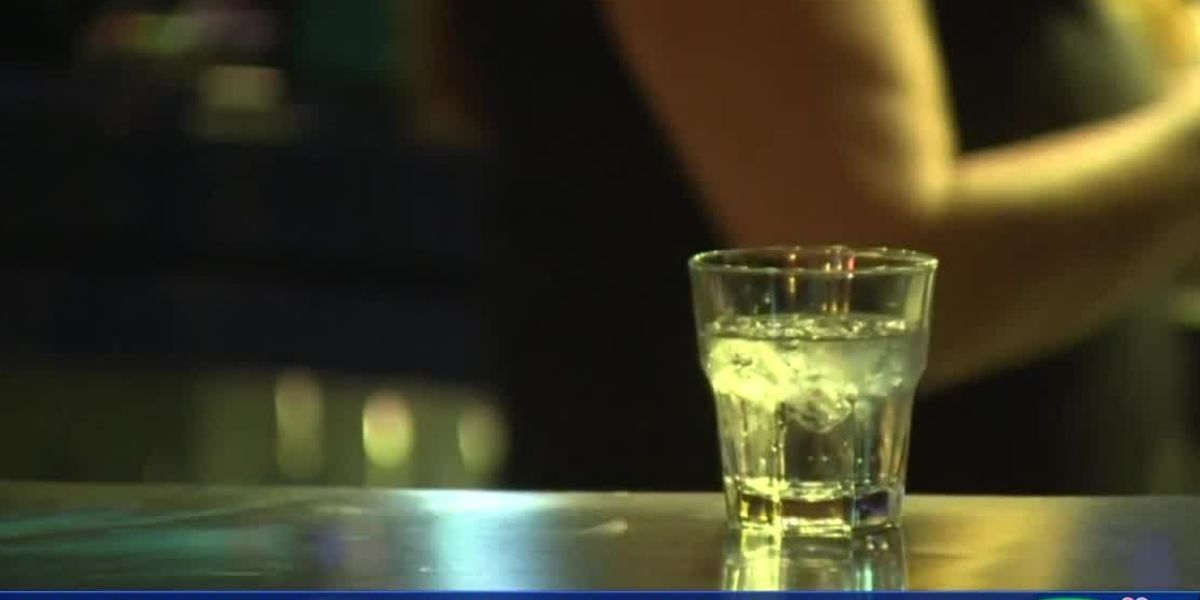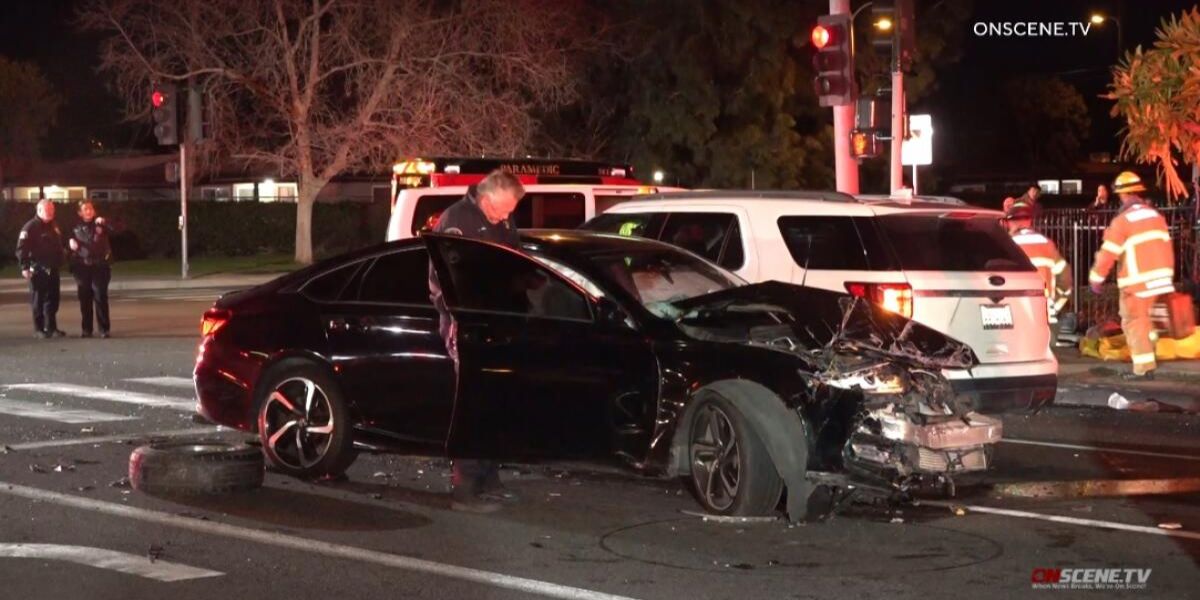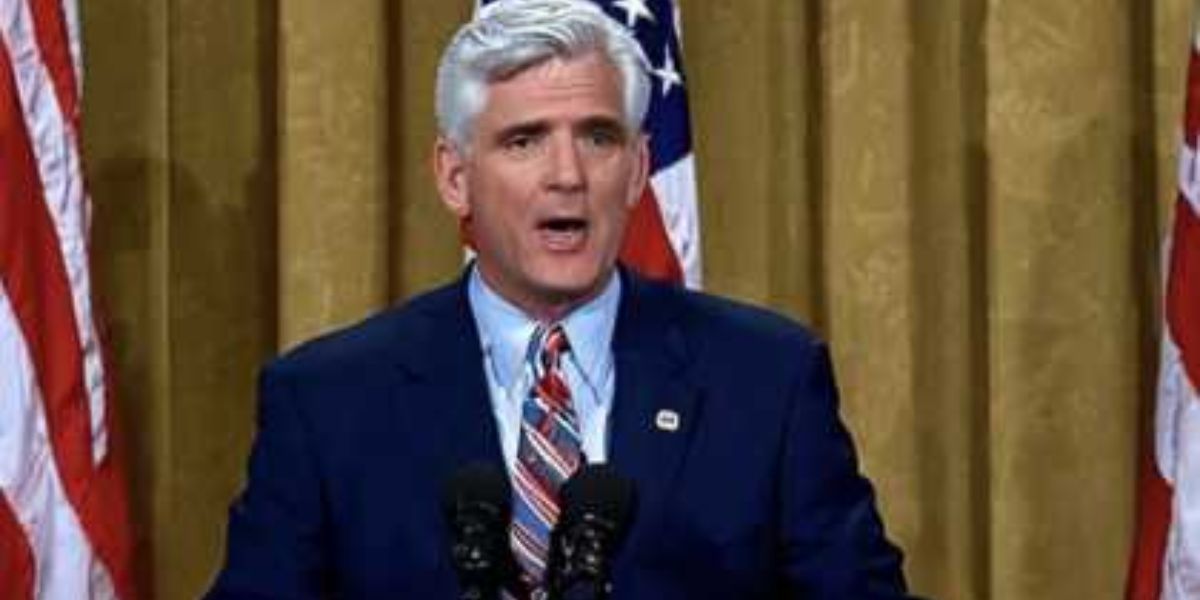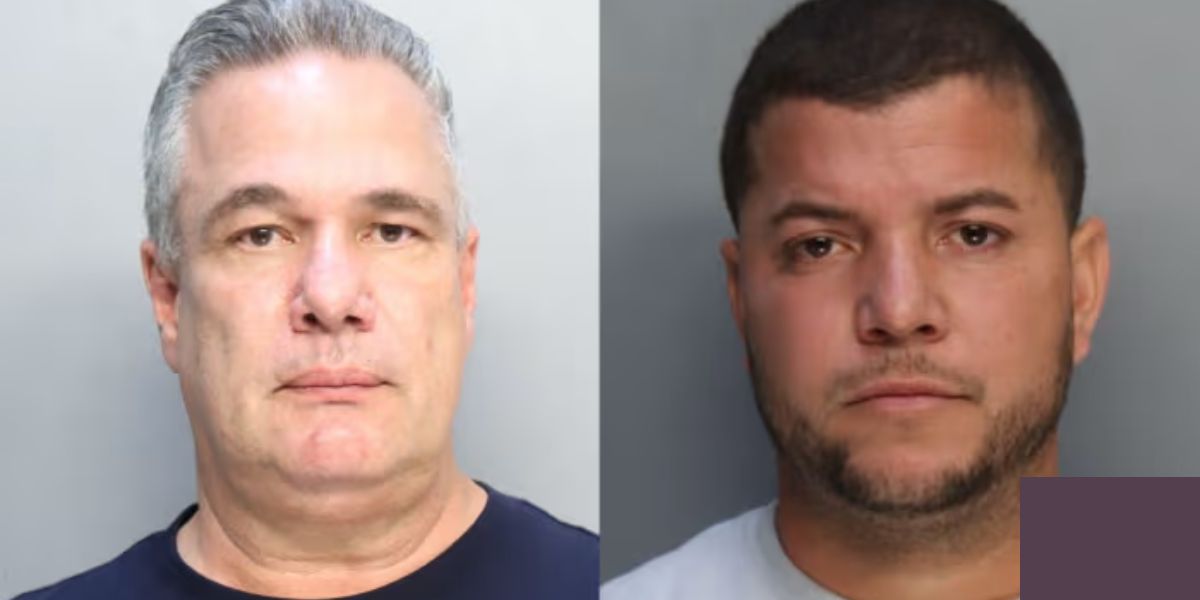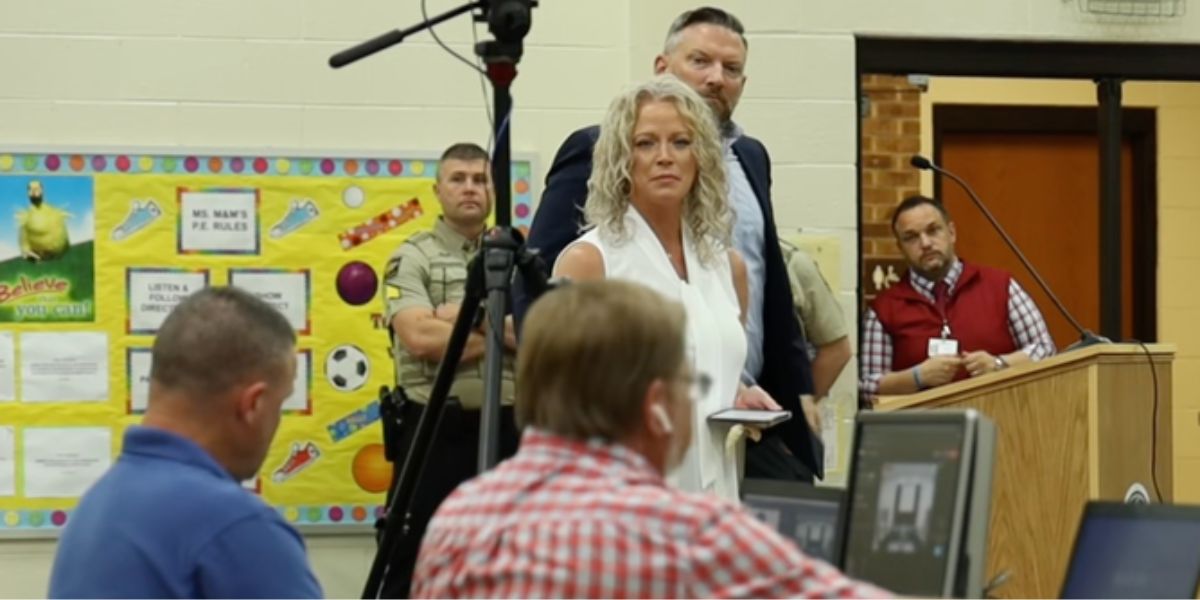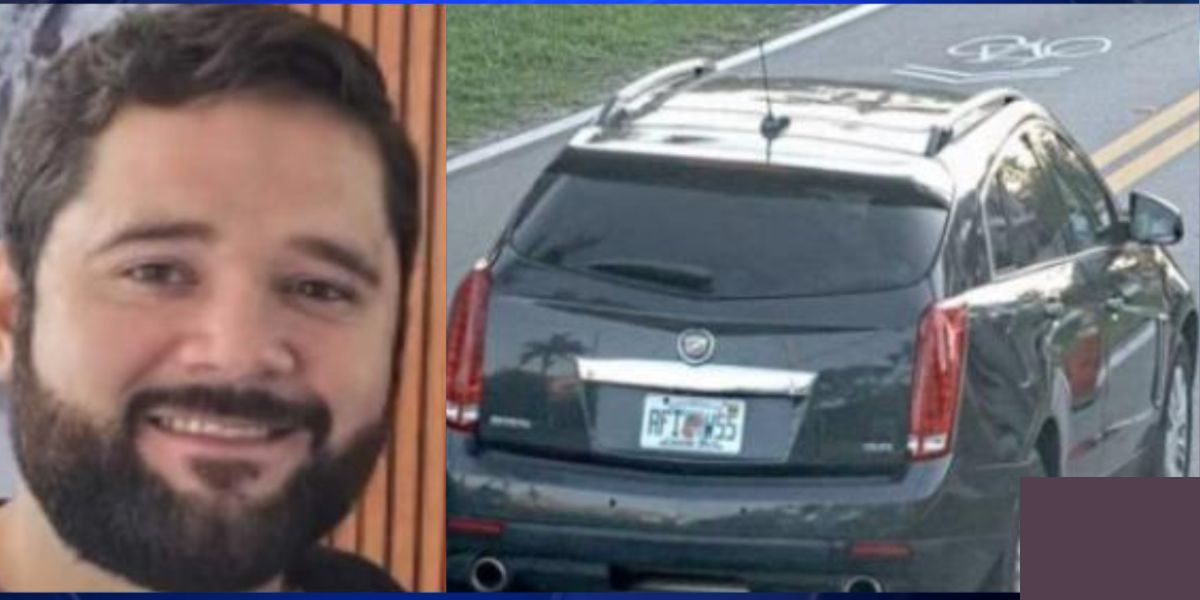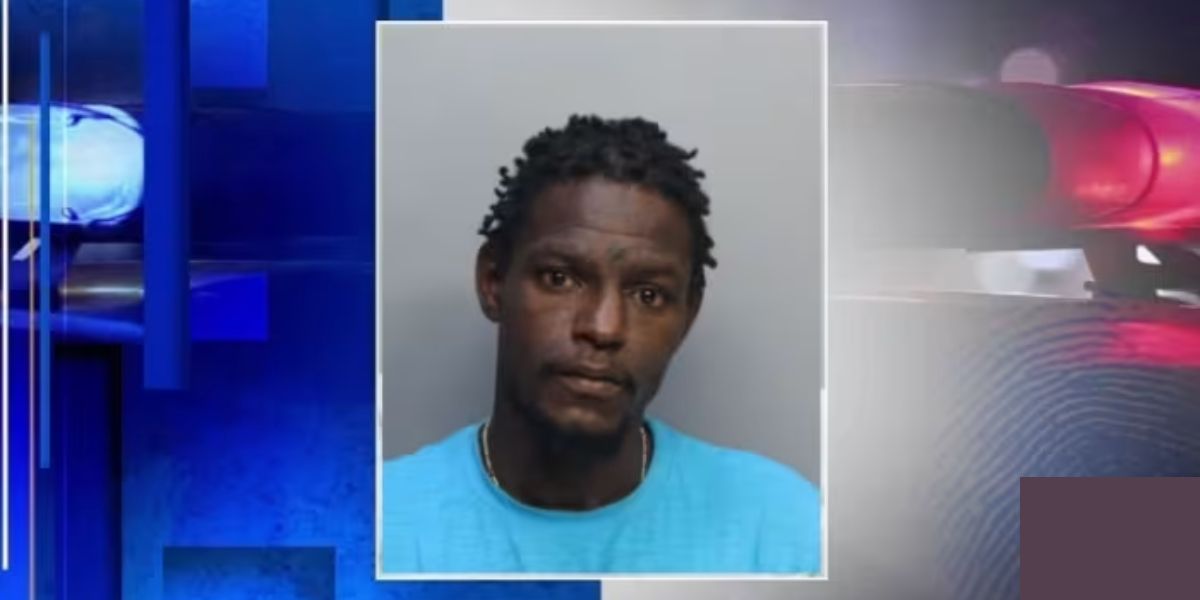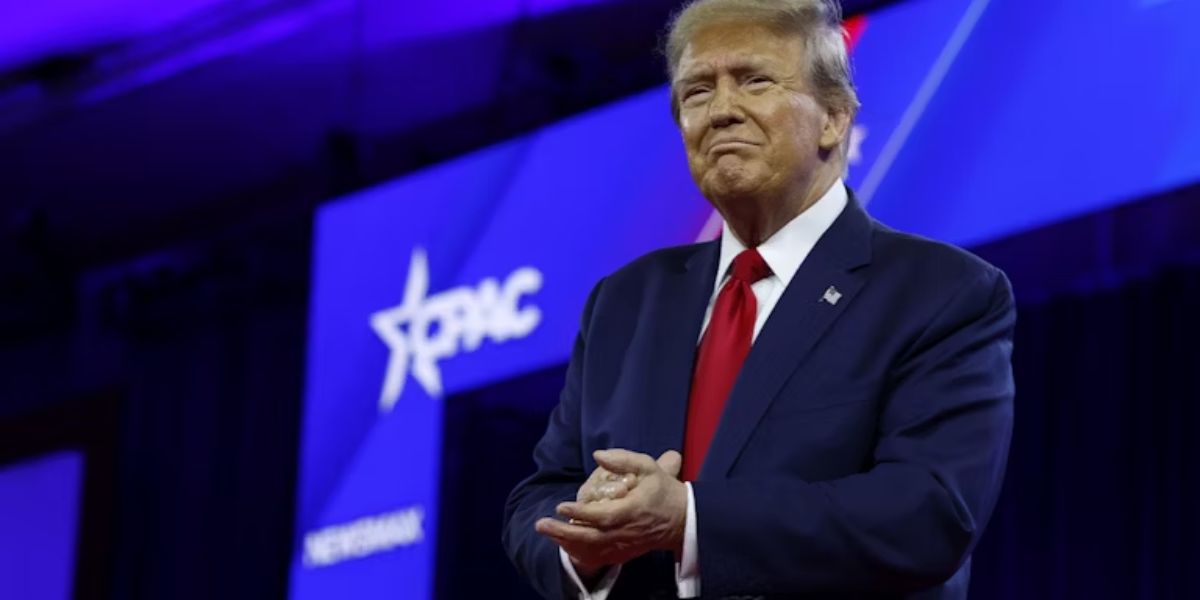Analysis! Supreme Court May Limit Trump’s Immunity, Yet Grant Him Key Victory
DEBARYLIFE – The broad presidential immunity that Donald Trump seeks doesn’t seem likely to happen.
Still, most Supreme Court justices seem prepared to give the outgoing president an early triumph.
Judiciary proceedings regarding Trump’s attempt to rig the election are expected to be postponed by the justices. Perhaps he won’t receive the broad exemption he desires.
However, it seems unlikely that the Supreme Court justices will reject the former president’s arguments without more delay, which means that Trump might avoid going to trial for his efforts to rig the 2020 election before November.
The historical significance of the matter before the justices was emphasized several times throughout Thursday’s remarks.
For Trump, however, the most immediate consequence is probably going to be a postponement of the criminal prosecution until after he has either won or lost his next election due to the serious concerns at hand.
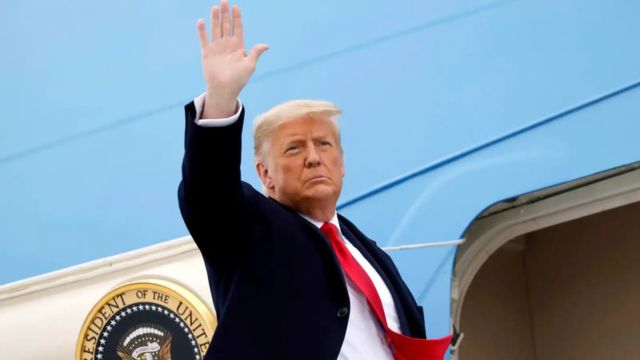
To expedite the case—which was initially set to start last month—special counsel Jack Smith urged the justices to address Trump’s accusations as soon as possible.
The case should be remanded to a lower court to ascertain which of Trump’s actions, as claimed in the indictment, are formally connected to his employment, as was highlighted by a back-and-forth during oral arguments.
SEE MORE – Trump Ahead by 6 Points in Crucial Battleground States, Survey Finds
“I think you’ve acknowledged in response to others’ questions that some of the acts in the indictment are private, and your view is that some are official,” Justice Brett Kavanaugh replied to Sauer. “Is it your position then that that analysis of which is which should be undertaken, in the first instance, by either the DC circuit or the District Court?”
As proposed by Judge Tanya Chutkan of the US District Court in Washington, DC, additional arguments on the official vs private border between Trump’s acts may be brought before her for consideration and decision.
Smith would be hard-pressed to test Trump before the November election with a delay of this magnitude. In the unlikely event that Trump defeats President Joe Biden, it is easy to understand how he would use his executive authority to avoid prosecution.
The primary path for the former president to suffer consequences for his efforts to rig the 2020 election is via Smith’s prosecution of Trump.
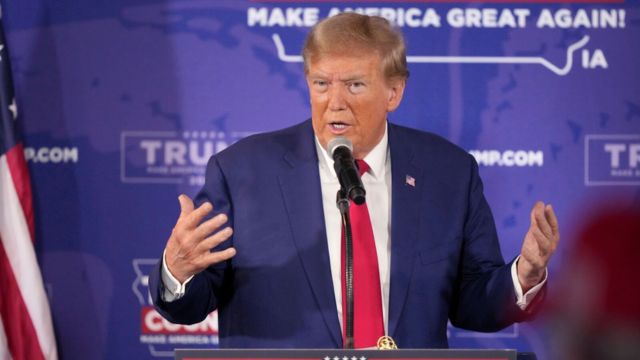
Trump’s attorney, John Sauer, contended that a former president ought to be impervious to legal action for matters that might only be incidentally connected to their official duties. He used a previous Supreme Court decision that established the boundaries of presidential immunity in civil cases as support for his claims.
Sauer also made the related point that it should be exceedingly difficult for a court or prosecutor to later question whether a president was carrying out their duties when they broke the law. Justice Samuel Alito, one of the court’s more conservative justices, seemed particularly sympathetic to this point.
All justices did not seem to be as sold as Alito.
Nonetheless, even Justice Amy Coney Barrett, who seemed dubious about some of Sauer’s other points, hinted that if Smith and her team wish to move the case along swiftly, they could need to make substantial changes to the present indictment against Trump.
SEE MORE – Trump Lawyer Alina Habba Criticizes Civil Fraud Hearing as Waste of Time and Money
Barrett said that the investigation by the special counsel may only concentrate on Trump’s activities.
Michael Dreeben seems reluctant to accept such a fix throughout his argument on behalf of Smith’s team.
“There’s really an integrated conspiracy here that had different components, as alleged in the indictment — working with private lawyers to achieve the goals of the fraud, and as I said before, the petitioner reaching for his official powers to try to make his conspiracies more likely to succeed,” Dreeben responded to the allegations. “We would like to present that as an integrated picture to the jury so that it sees the sequence and the gravity of the conduct and why each step occurred.”
Barrett, along with many other justices, pushed Sauer and Dreeben to go over several of Trump’s actions as detailed in the indictment in detail.
The Supreme Court might decide it would be better to delegate a more thorough examination of Trump’s actions to a lower court.
Questioning whether this case is really the one they want to use to establish a clear line for all future presidents on what precisely is an “official act” in the course of their employment, Justice Ketanji Brown Jackson made an almost last-minute plea to her colleagues.
“If we see the question presented as broader than that, and we do say, ‘let’s engage in the core official versus not core and try to figure out the line,’ is this the right vehicle to hammer out that test?” Michael enquired.
Given Thursday’s arguments and previous history, however, Jackson’s colleagues don’t seem likely to be open to such a viewpoint.
Justice John Roberts, the Chief Justice, chastised the other conservative justices on the court in June 2022 for not restricting their ruling in Dobbs v. Jackon to the specific facts of the abortion rights case that was present. Specifically overturning Roe v. Wade, Justice Alito led a 5-4 majority. In Obergefell v. Hodges, the majority ruling by Justice Anthony Kennedy that affirmed a national right to same-sex marriage raised similar concerns from conservative judges.
The specifics of the case before the justices have never been given priority over more general terms throughout history.
Trump’s actions as described in the indictment were not the only thing that worried several conservative justices, such as Alito and Kavanaugh.
Judge Neil Gorsuch once said to Dreeben, “I appreciate that, but you also understand that we’re writing a rule for the ages.”
Waiting for such a rule would be beneficial to Trump.
Federal prosecution of Trump for any violations committed after the 2020 election would be essentially avoided due to the length of time required to create such a standard and then determine how it relates to him.

